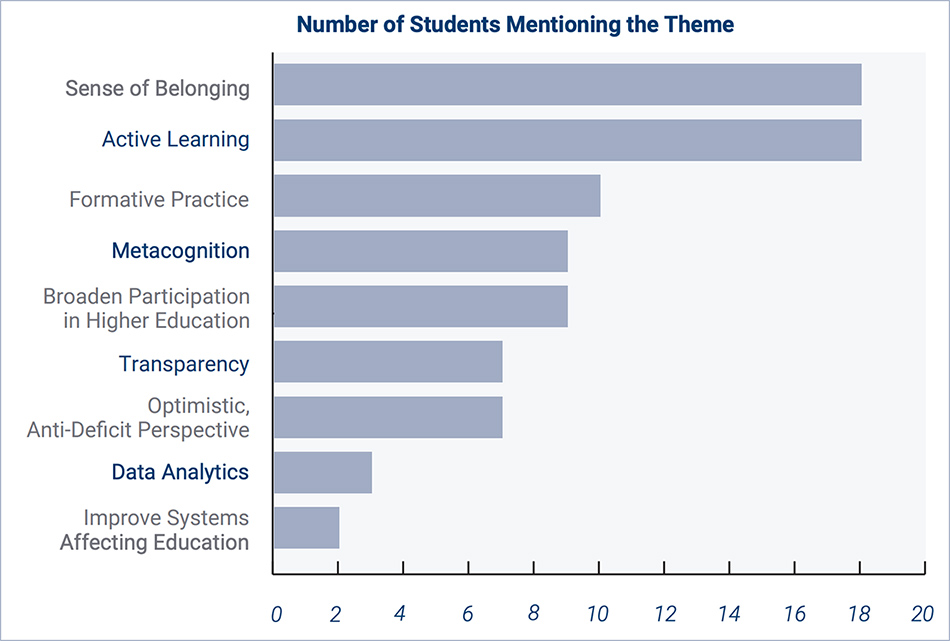In elementary classrooms, demand grows for play-based learning — from hechingerreport.org by Ariel Gilreath
Play supporters point to improved literacy, fewer achievement gaps, and better motor skills for students
Excerpt:
It can be difficult to explain what play-based learning looks like, said Mara Krechevsky, senior researcher at Project Zero, an education research group in Harvard’s Graduate School of Education. Over the past seven years, Krechevsky and her research team have been working on a project called the Pedagogy of Play, studying play-based learning at schools in Boston, Denmark, South Africa and Colombia.
Through their research, Krechevsky’s group came up with three basic tenets for playful learning: students should be able to help lead their own learning, explore the unknown, and find joy. Under this framework, play time doesn’t have to be the reward for completing work and learning. Play can actually be the work, Krechevsky said.
Addendums on 11/20/22:
- Want resilient and well-adjusted kids? Let them play — from hechingerreport.org by Jackie Mader
Research shows play has enormous learning and social benefits across all ages - Play is crucial for middle schoolers, too — from hechingerreport.org by Christina A. Samuels
Adolescents need unstructured time to build connections with other students and learn how to recover after failure - The complex world of pre-K play — from hechingerreport.org by Jackie Mader
Young kids benefit from play. But what should it look like?












